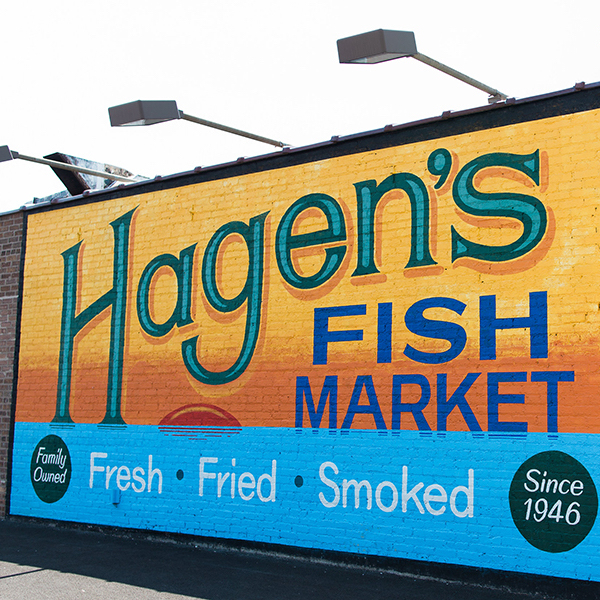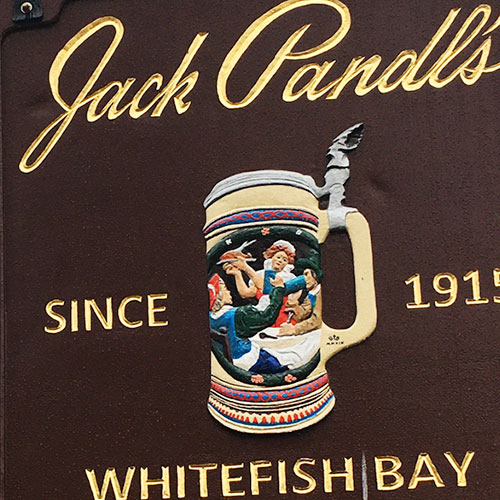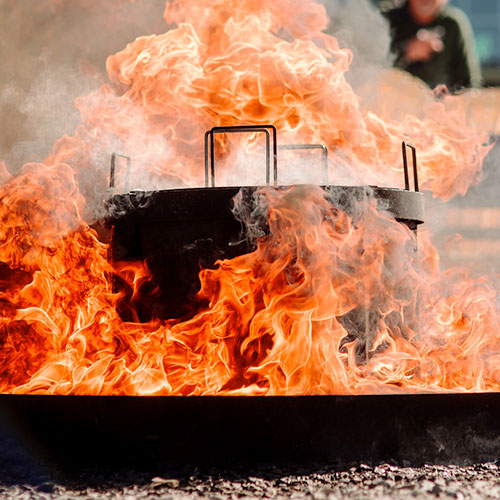It was a few months after I moved to Chicago that I first saw them. I was driving home after a late restaurant shift and spotted a few small campfires along the lakefront, shadows of people next to them. It was after midnight and temperatures were still in the forties—not exactly beach weather. When I mentioned it to a friend at the restaurant the next day, he burst out laughing. “It’s smelt season!”
That was my introduction to Chicago’s quirkiest spring tradition. Smelt fishing is legal only during the month of April, and then only from 7pm to 1am. Small groups gather along the lakefront, huddled around charcoal grills for warmth. They sit on beer-packed coolers and play rounds of euchre, poker, and rummy to pass the time. Nets are on hand to catch the small, silvery fish, which are traditionally gutted, breaded, fried in cans of oil perched on top of the grill grates and eaten whole.
These days, those dogged groups of fishermen are in it for the experience more than anything else. The smelt population in Lake Michigan has dropped significantly, and a night of smelting offers no guarantees. The Great Lakes were well-stocked with smelt more than 100 years ago, but in the last couple of decades, much of the population has been eaten by trout and Coho salmon. The few that survive compete with zebra mussels, an invasive species in the lake, for food.
They sit on beer-packed coolers and play rounds of euchre, poker, and rummy to pass the time. Nets are on hand to catch the small, silvery fish, which are traditionally gutted, breaded, fried in cans of oil perched on top of the grill grates and eaten whole.
But smelt fishing’s appeal extends beyond the catch. Chicagoans love a tradition, especially one that involves drinking over a fire to toast the end of winter.
And when fishing isn’t an option, you can get your smelt fix at another local classic: Calumet Fisheries, on the far south side of the city. Calumet opened in 1928, and has operated under the same owners, the Kotlick and Toll families, since 1948. It is one of two wood-burning smokehouses left in Chicago, having been grandfathered in when the city banned wood smoking due to EPA regulations. The location is a little desolate, next to rusted smokestacks that stand witness to the city’s industrial past. The 95th street bridge looms behind—the one Jake and Ellwood jump in The Blues Brothers. Between the bridge, the fishery’s red roof, the gusts of smoke coming from the smokehouse in back and the line out the door, Calumet is hard to miss.
Inside the shop, next to faded snapshots of John Belushi and Dan Ackroyd, you’ll spot a large signed poster of Anthony Bourdain, who visited Calumet in 2009 while filming “No Reservations” and fell in love with the place. Above the cash register are framed photos from the black-tie event where the Kotlick family received one of the James Beard Foundation’s America’s Classics awards. This cash-only, carry-out operation has a lot of fancy chef cred to recommend it.
But there isn’t time to gawk. The people waiting behind you need you to act, and it’s smelt season. Smelt is my favorite of the fried options, but shrimp and catfish also appeal, with perhaps some onion rings on the side. You can’t leave without getting some of the fish or shrimp smoked over oak out back; pepper-garlic salmon, trout, sturgeon, eel and whole chubs are local favorites.
Calumet doesn’t offer seating, but part of the experience is spreading out your feast along the steel railing of the bridge, or on the dashboard or hood of your car, and digging in to the mild and flaky fish. I’ve had whole fried whitebait, a cousin of smelt, in stylish cafes in London and Melbourne. But to me, there’s nothing like eating smelt from a cardboard tray on a Chicago afternoon. Thickly breaded and deeply browned, it’s as hardy as any Midwesterner embracing a chilly spring day.




